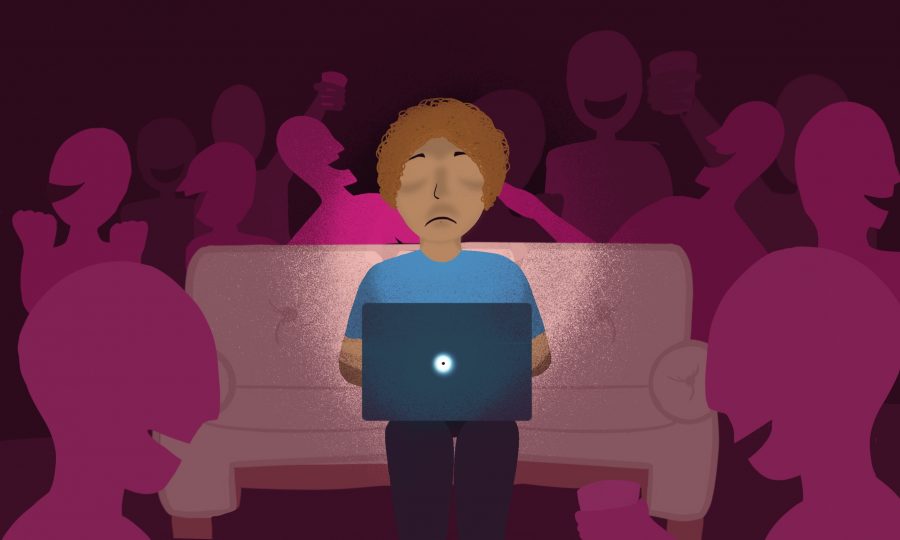I spent the summer after my junior year studying abroad in Spain. This experience meant the world to me professionally and personally, but I almost didn’t go because I did not want to waste a summer I could have spent interning.
Looking back on my time in college, many of the experiences that had the greatest impact on me didn’t directly align with my anticipated career trajectory. I’ve watched my peers sit out on opportunities like study abroad, taking electives they find interesting and joining clubs that support their social lives or hobbies.
While career preparation is an important aspect of life at UT, students need to remember their futures are bigger than their jobs. By failing to do so, UT students are setting themselves up for poor work-life balance later in life.
The Organisation for Economic Co-operation and Development’s Better Life Index ranked the U.S. below average on work-life balance compared to other advanced nations. Americans have a harder time finding a suitable balance between work, personal life and family commitments. The Index also shows that long work hours may impair personal health, jeopardize safety and increase stress.
“The American Psychological Association does a survey every year of what causes stress for people in the U.S., and the top causes are always job-related,” said Christopher McCarthy, the educational psychology department chair. “Work, economy and finances are always in the top three.”
At UT, students struggle to cope with stress before embarking on their career paths. The majority of students reported feeling overwhelming anxiety in the past year. A study by the National Career Development Association found students expressed an overwhelming fear of not knowing what the future holds and a lack of trust in themselves to make career decisions.
In UT’s high-achieving environment, career stress can be contagious. McCarthy referred to it as an illness that can be caught from someone else who is stressed.
“I get a lot of stress because I feel like I have to be going at the same pace as my peers,” junior Desiree Ortega said in an email. “I feel a lot of pressure to take three science courses every semester so I can graduate quicker, even though I know personally I can’t handle that many.”
So what can students do to cope with career stress and work toward developing a healthy work-life balance?
“It’s less about having the right job title and more about what lifestyle you want,” McCarthy said. “What do you want to spend your day doing? Finding that is really important.”
To figure out what lifestyle is best for them, students should participate in a broad range of activities to see what they enjoy. Joining clubs, making time for hobbies and traveling whenever possible can encourage personal growth. Then, students can talk to career counselors at their respective schools to find job opportunities that align with their developed interests.
Most importantly, students should avoid allowing their plans for the future to detract from making the most of their time in college, and forging strong work-life balance.
According to McCarthy, something psychologists call an iron cage can push students away from a healthy work-life dynamic. Once people start focusing too heavily on what’s ahead of them, they lose the ability to enjoy their achievements.
“Your whole life is built around the next step,” McCarthy said.
Rather than putting all of their energy into career-prep, students should make time to prioritize developing a life outside of work. Practicing this in college will give them the tools they need to develop a work-life balance that will promote their well-being.
Waltz is a radio-television-film senior from Dripping Springs.


















